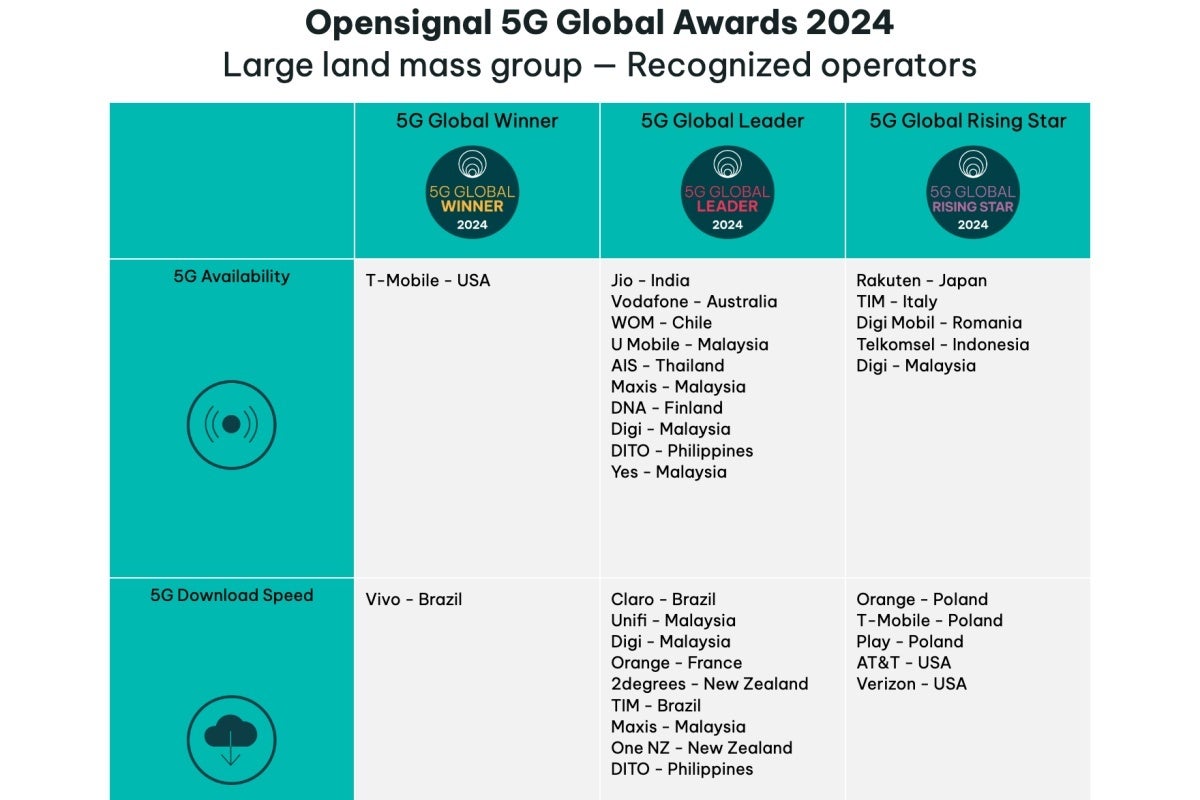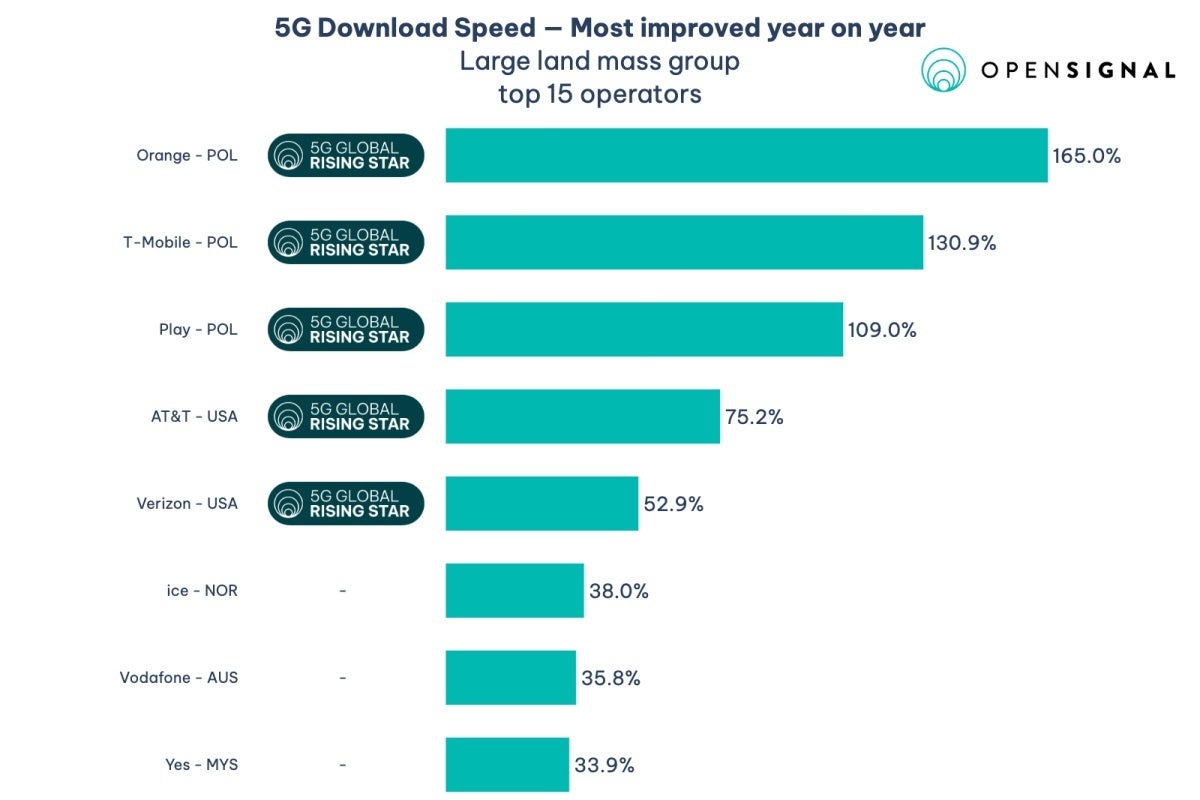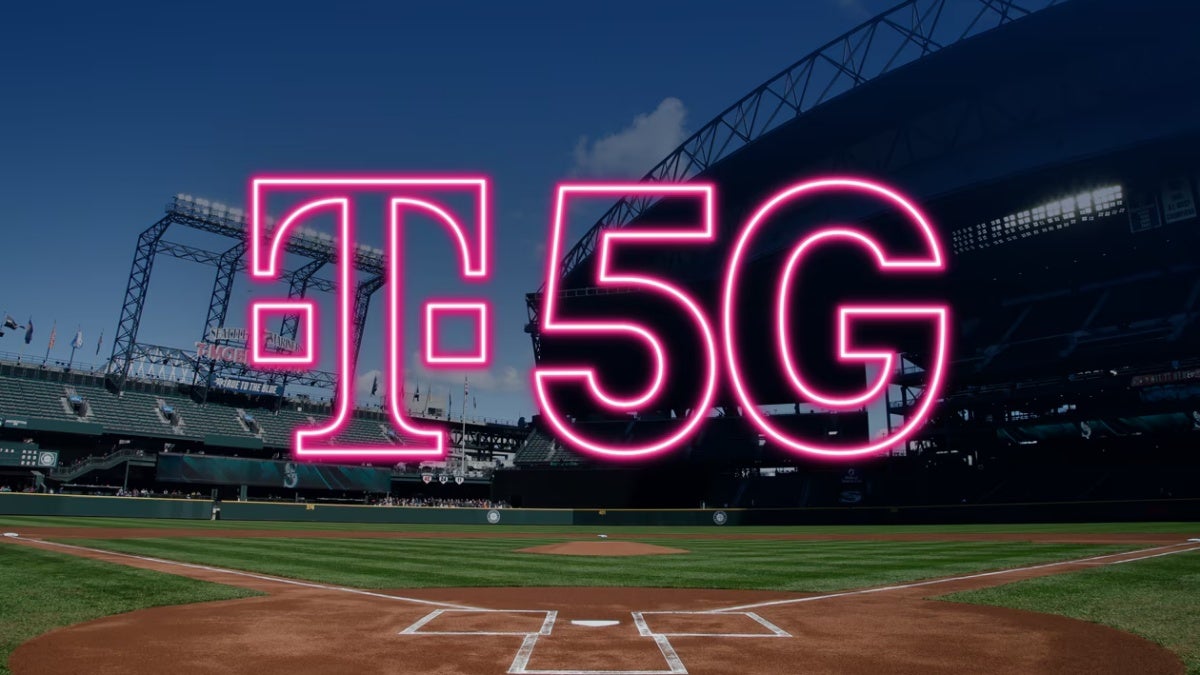Because everyone seems to love those
mobile network comparisons between T-Mobile, Verizon, and AT&T (minus
Verizon and
AT&T‘s executives, presumably), we have a very interesting such report to present to you today. This is different from most of the usual speed tests conducted by firms like Opensignal, RootMetrics, and Ookla as it focuses on the entire world, pitting the top three US wireless service providers against the industry’s leaders and trendsetters from everywhere and anywhere.
That means
Verizon,
T-Mobile, and
AT&T‘s names don’t actually come up much in an otherwise
incredibly extensive research paper based on the real-life 5G experiences of users across the globe in the first 180 days of 2024. The places and categories where the three operators are mentioned, however, feel extremely important to highlight for all customers reading us right now and especially for folks pondering a switch.
T-Mobile is the king of the world, but for how long?
Just in case you’ve grown tired of hearing about
T-Mobile‘s crushing supremacy over its arch-rivals in the US 5G availability field, Opensignal is providing a nice change of pace by analyzing Magenta’s
worldwide 5G availability domination.
Because it’s obviously not fair to compare a US operator with a carrier from Kuwait, Bahrain, Bulgaria, or Puerto Rico,
T-Mobile is included in the “large land mass group” alongside Indian, Australian, Finnish, or Malaysian outfits. If you remember
last year’s “5G Global Mobile Network Experience Awards”, you’re probably not going to be shocked to see Magenta defeat all of its “large land mass” opponents in the service availability arena.
Those are some very eclectic lists of global 5G availability and speed leaders. | Image Credit — Opensignal
But the gap between first and second place this year is way smaller than in 2023, making it seem like there’s a very good chance that India’s Jio will take home this title in 2025. Until that happens, T-Mobile USA certainly deserves to celebrate its latest world-leading achievement, as well as a very healthy progress from a 56.1 percent 5G availability score to no less than 67.4 percent between October 2023 and now.
That essentially means the “Un-carrier’s” 5G users actually spend more than two thirds of their mobile time connected to a 5G signal, which for a nation as vast and as… diverse as the US, is definitely a great triumph. Incredibly enough, the “small land mass group” victor is… also
T-Mobile (through its Puerto Rico branch), while
Verizon and
AT&T are unsurprisingly nowhere to be found among the world’s
5G availability leaders or rising stars.
Two gold ribbons for AT&T, one for Verizon
Although Verizon and AT&T are not ranked in the world’s top 20 carriers for 5G download speed either, both of T-Mobile‘s domestic rivals get “rising star” prizes in the category in Opensignal’s latest global wireless network analysis.
While you might be tempted to view those titles as little more than glorified participation trophies, their importance is in fact pivotal for the future evolution of the US industry as a whole. With the help of C-band technology,
AT&T has improved its average 5G speeds by a whopping 75.2 percent year-on-year, with
Verizon following relatively close behind with a remarkable 52.9 percent jump of its own.
That’s quite the progress for AT&T, and not too shabby for Verizon either.
If the two can keep this pace up (which is obviously a big if), their ascent to the 5G global leader pack in terms of speed is only a matter of time. Of course, T-Mobile has long moved past the “rising star” stage of its 5G network development, still failing however to break into the world’s top 20.
Nowhere near as important as the overall 5G speed section of this report, the 5G video experience department gives AT&T another opportunity to shine as a global rising star. AT&T‘s 7.1 percent improvement here may not sound impressive, but it’s actually the largest such surge for a “large land mass” operator… by far, absolutely destroying the advancements made by carriers like Poland’s Orange, Spain’s Vodafone, Great Britain’s EE, Finland’s Telia, and… America’s Verizon.
All in all, the most competitive Americans out there are likely to be disappointed with AT&T, Verizon, and T-Mobile‘s latest crop of global 5G trophies and medals, but the three’s progress over the last few years is crystal clear and very encouraging for the next few years.



